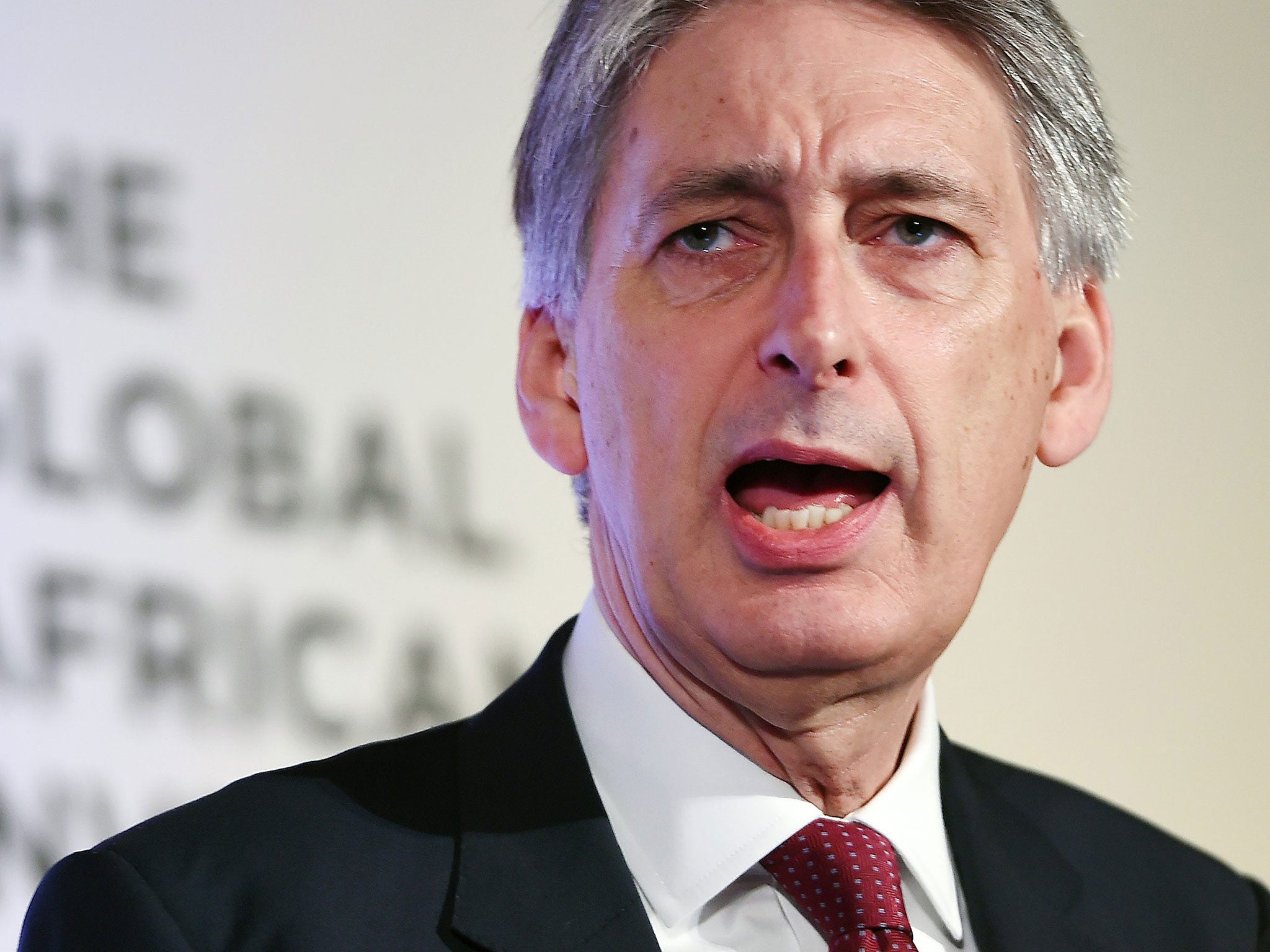Who is Philip Hammond? A profile of the new Chancellor – a 'safe pair of hands' in Theresa May's mould
Mr Hammond is the 'reassuringly boring' choice for one of the most powerful positions in government

The former Foreign Secretary Philip Hammond has risen to some of the highest offices in Government while leaving little trace in the public imagination.
His reputation - within Westminster at least - has been as a highly articulate and effective "safe pair of hands" who can plough a steady course without causing drama, upset or excitement.
It is exactly those qualities which have made him the "reassuringly boring" choice for successive promotions to Transport Secretary, Defence Secretary, Foreign Secretary and now Chancellor of the Exchequer.
Despite being a permanent fixture in David Cameron's shadow frontbench team and Cabinet throughout his time as leader, he was rarely mentioned as a possible successor - and that is probably the way he liked it.
The Treasury has always been his goal, and he is understood to have been disappointed to miss out on the number two job there in 2010 when the necessities of coalition gave Liberal Democrats the Chief Secretary's post - a role he had shadowed for three years in opposition. Sent instead to the Department for Transport, he was swiftly moved on to Defence in the aftermath of the exit of Liam Fox amid a public furore over his special adviser.
With a reputation forged in the shadow Treasury team as the Tories' public spending "axeman", he was ideally placed to preside over a big spending squeeze to close the "black hole" in Ministry of Defence budgets.
His installation as Foreign Secretary in 2014 was hailed by Eurosceptics, who detected signs of a fellow spirit in comments which appeared to suggest he was ready to contemplate withdrawal from the EU if the Government was unable to negotiate a better deal.
But when the referendum came, he remained true to his practice of never rocking the boat, loyally backing Mr Cameron's renegotiation and backing the Remain side during the campaign.
After the result came in, Mr Hammond, 60, did not demur from Theresa May's insistence that "Brexit means Brexit" but left little doubt that he thought voters had handed the new Prime Minister a thankless task, warning that the process of leaving the EU could take six years.
As Foreign Secretary, he played a key role in the 2015 agreement for Iran to give up its military nuclear ambitions.
And he was the minister who tabled the fateful European Union Referendum Bill in the House of Commons.
State-educated in his native Essex, Philip Anthony Hammond arrived at Oxford University to study philosophy, politics and economics on the day Labour won the second general election of 1974.
His devout belief in economic stability and prudent public finances were forged in the turbulent years that followed, culminating in Margaret Thatcher sweeping to power in 1979.
Mr Hammond made his first steps in party politics during that campaign as a volunteer in Westminster, going on to be chair of the Lewisham East Conservative Association for several years.
After a failed 1994 by-election bid, his entry to the Commons came on another day of victory for Labour - Tony Blair's 1997 landslide when he secured the Surrey seat of Runnymede and Weybridge which he has held ever since.
Quickly promoted to William Hague's opposition front bench at health, he held several other positions and moved into the shadow cabinet as chief secretary under Michael Howard in 2005.
Married with three children, he faced some criticism during the expenses scandal for claiming almost the full second home allowance despite living in the commuter town of Woking.
He is reported to be one of the richest individuals in the Cabinet with the success of the property company he co-founded said to have netted him an £8 million fortune.
Join our commenting forum
Join thought-provoking conversations, follow other Independent readers and see their replies
Comments
Bookmark popover
Removed from bookmarks